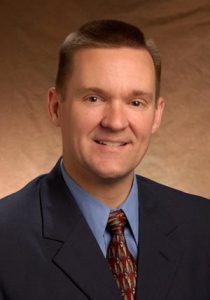Research Highlight: Jeff Reinbolt

Jeff Reinbolt, an assistant professor in the Department of Mechanical, Aerospace, and Biomedical Engineering, and Misagh Mansouri, a PhD candidate in the department, looked at surgical procedure performed on many children with cerebral palsy. The procedure, in which the rectus femoris muscle is disconnected from the front of the knee and reattached to the back of the leg to correct problematic muscle function and improve mobility, has inconsistent outcomes.
The two scientists wanted to know how balance was affected for children with cerebral palsy. Mansouri began by interfacing two powerful software programs: MATLAB to simulate brain activity and OpenSim to simulate the body. The newly combined software—which has been made open-source to allow its adoption by other researchers—gives teams a chance to tweak various aspects of the simulation.
“Simulations can complement experiments to become a great asset to health care professionals,” said Reinbolt.
“We are working on using patient-specific simulations to improve not only treatment of movement disorders but interactions between people and the environment as well. Our simulations showed that children who had the surgery were more likely to lose balance and fall during tripping than ones who did not, regardless of degree of crouched posture and whether they had the surgery on one side or both side of their knees,” said Mansouri, noting that although more research was necessary before the research, funded through grants from the National Institutes of Health and the National Science Foundation, can be applied clinically.
They next want to test balance in different directions, such as side-to-side and diagonal motion, to go along with the forward-and-back motion studies they’ve done.